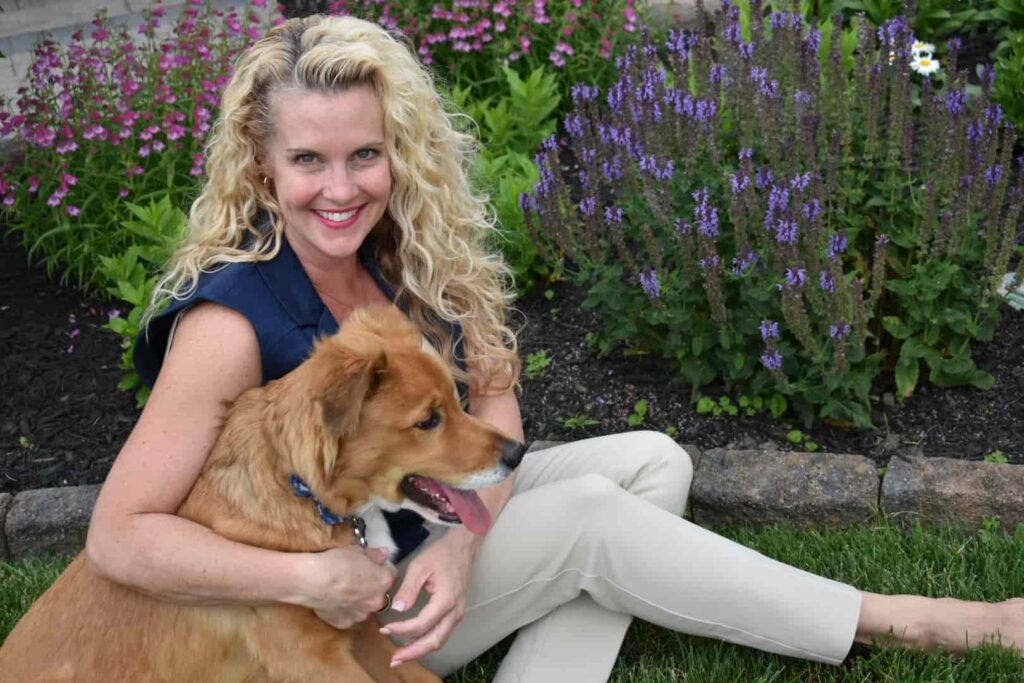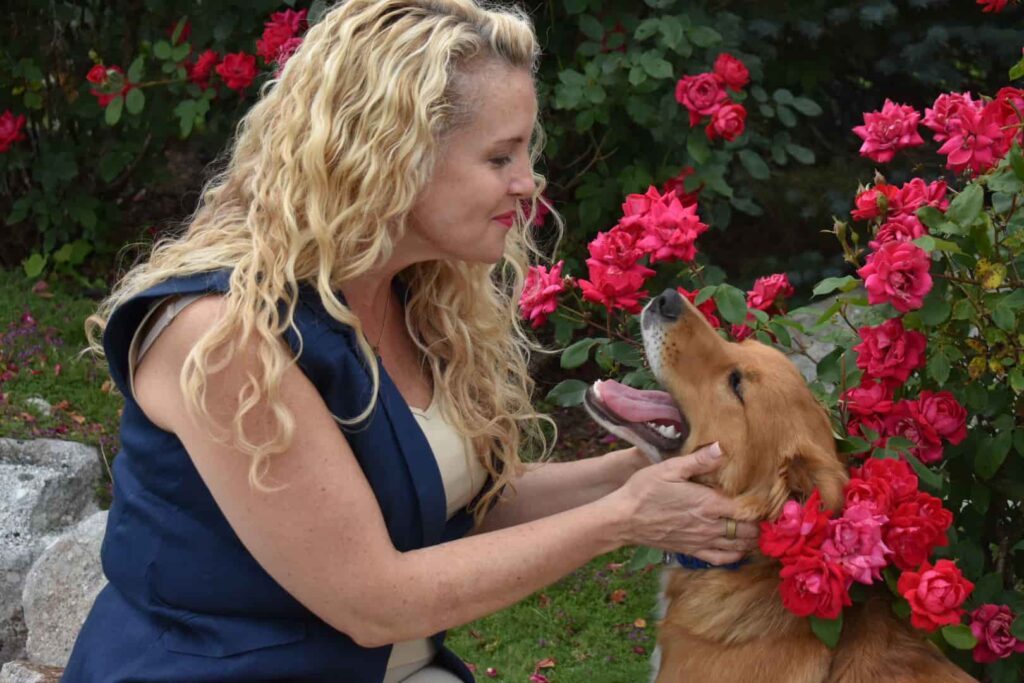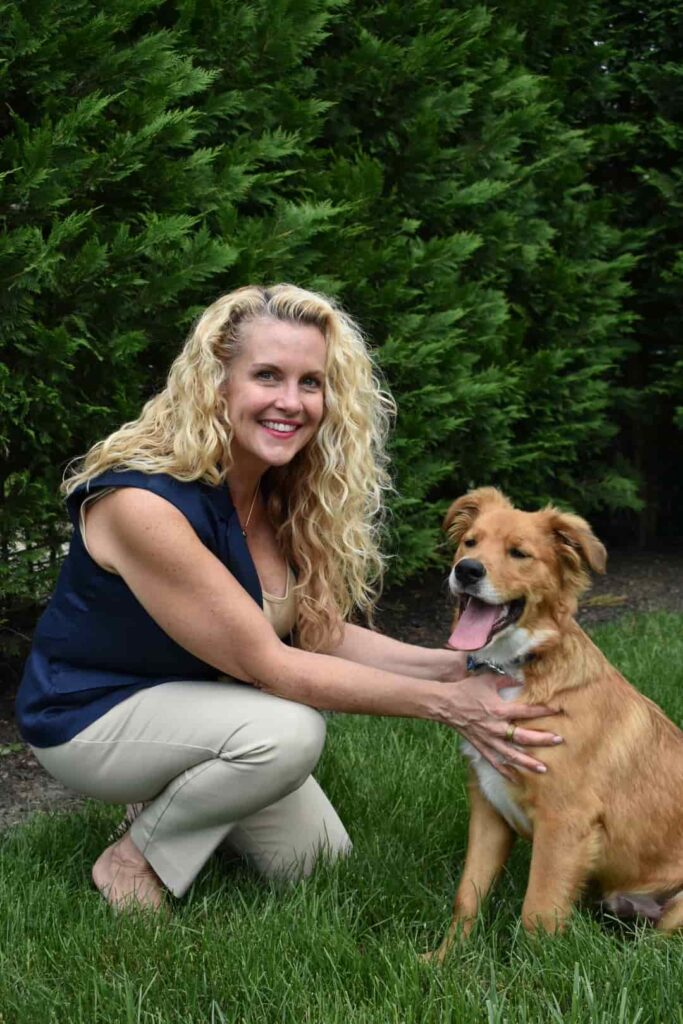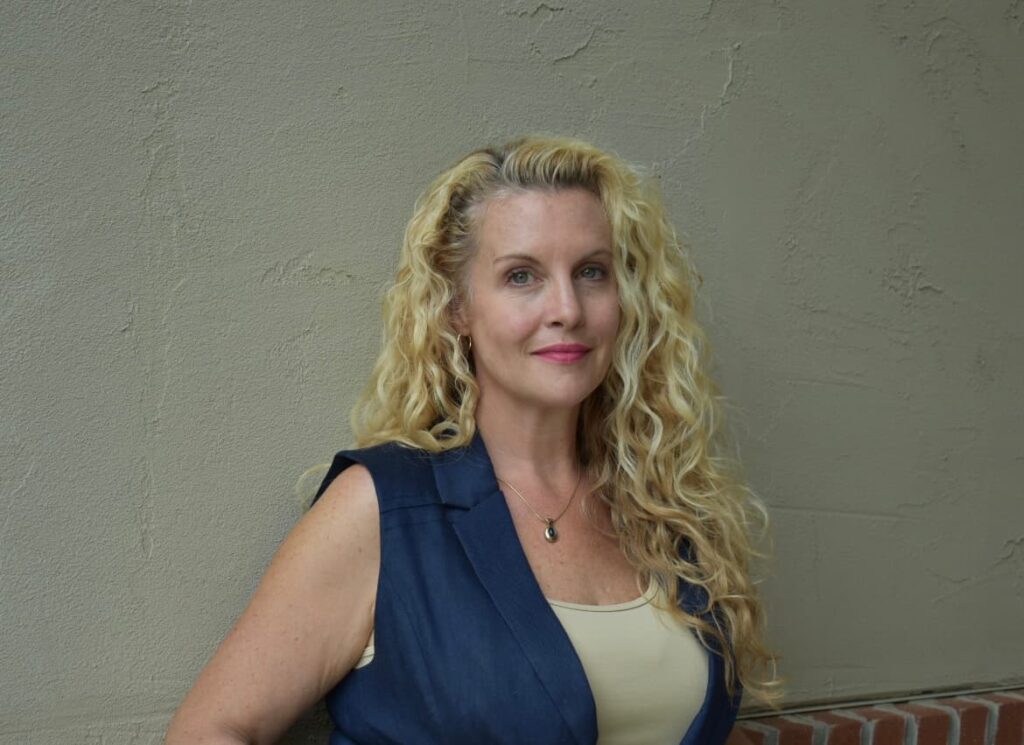
Andrea Caruso | EVP & Chief Operating Officer | MIB
Can you briefly introduce yourself and your journey to becoming a leader in the insurance industry?
I am the EVP & Chief Operating Officer of MIB with oversight for MIB’s products, sales, marketing, communications, client relations, and underwriting functions.
I started in the industry right out of high school as a new mom. I was determined to dispel any perceptions of what my future may hold and focused on finding a job that had both benefits and advancement opportunities. After interviewing with a few companies, I accepted an entry-level position with a large Brokerage General Agency where my day consisted of processing mail, typing file labels, and ordering underwriting requirements. Little did I know that my decision to take this job would turn into a lifelong career. I aspired to grow and quickly moved into case management, followed by my first leadership role. Curiosity got the better of me and I wanted to better understand the inner workings of the company, resulting in roles within technology, contracting and commissions, quality control, participation in acquisition assessments and integrations, and then ultimately to underwriting and sales.
I love that my career has not had the straightest path as my diverse background has provided me with a solid foundation, greater understanding, and broader appreciation for how the many functional areas within insurance work together. This expanded view has been immensely helpful to me as a leader, enabling me to look at everything with a greater appreciation for different perspectives, potential considerations, and broader opportunities.

“Innovation thrives on collaboration, curiosity, and a commitment to continuous learning.” – Andrea Caruso
Can you provide a brief overview of your company and its core values?
MIB was founded over 120 years ago by a group of insurance companies who wanted to share information of underwriting significance to help protect against fraud, ultimately helping to keep the costs of products down for consumers. Today, we continue to focus on the fraud detection services relied on by the industry, while in the last 5 years we have significantly expanded our product offering, playing an even greater role in the industry with data, insights, and digital solutions. This expansion has provided our clients greater insights into risk assessments, enhanced their ability to operate more efficiently, and has aided with compliance of existing and emerging regulations.
MIB’s culture is at the core of everything we do and is built upon 3 main components: think like a client, act like an owner, & make a difference. We challenge each of our associates to mimic these core values in their daily activities, whether dealing with internal or external matters .
Can you tell us about What inspired you to pursue a career in insurance?
I was fresh out of school and needed a job with benefits, so truth be told, I did not look to enter into the insurance industry initially. However, I interviewed with a company that exuded a caring culture, a potential for advancement, and transferable skills. Over the next few years, I quickly realized how fortunate I was to have made the decision I did. I began my career decision focused on “what” I was going to do, but I then quickly developed a true appreciation for the “why” or broader value provided by the life insurance industry. Being able to participate in an industry that focuses on protecting families and enabling financial security is truly quite honorable. I tell my kids to make sure they pursue careers that they like, however I am fortunate as I know that I am part of an industry that is able to positively change people’s lives for the good.
How do you believe your leadership style contributes to your success?
There are 3 main rules that I like to follow:
- Don’t forget where you came from – every single role is significant & should be appreciated; don’t allow for walls between levels.
- Be what you promote – if you ask people to do something or work hard, you should be willing to do the same or more.
- Communication, communicate, communicate – be open & honest at all times (with both easy & hard messages).
What challenges have you faced as a woman leader in a traditionally male-dominated industry?
I was once told that without a specific degree, I would never get promoted. I had the option to accept their feedback or prove them wrong. I chose the latter.
At times I felt I needed to work twice as hard to ensure efforts were recognized, which was challenging. I recall someone told me it was “better for people to ask why you aren’t in a position than to wonder why you are” – that stuck with me and allowed me to redirect my focus on my activities and outcomes instead of the potential perception out there. I tell my kids that success is a lot of hard work, a bit of timing, and also luck – there were individuals throughout my career that helped ‘bring me with them’ and I felt they were vested in my career growth. I always want to pay that forward.
“Empowerment comes from within, fueled by determination and supported by a strong network.” – Andrea Caruso

What strategies do you employ to empower and mentor other women in the insurance sector?
First, I love interacting with people – it is one of the things I have always enjoyed as part of the insurance industry. There are so many great individuals that are part of this business, but there is room for many, many more. My advice is to take advantage of venues (in person or virtual) to connect or re-connect with individuals, but be genuine – people can quickly tell if you truly care or are just reaching out because you need something. I have often told women colleagues that “being vulnerable” is an important virtue – it does not mean that you are less competent, rather it makes you relatable and trustworthy…… qualities that are critical as they continue to grow.
When mentoring, I believe some of the most important interactions result in taking advantage of the moment to provide candid feedback, suggestions, and varying viewpoints – all geared to help them reach their own conclusions and best position themselves for success. The goal of providing good mentoring is to help people be better when you are not around.
Maintaining a positive approach is also critical. Mentoring is different than managing, however both are impacted by one’s outlook. I try to remind those I work with to take every opportunity and learn from their experiences, both the successes and the misses. If we use life lessons to help us improve going forward, we recover from mistakes faster and are not hesitant to take great strides in the future.
How do you stay updated with the latest trends and innovations in the insurance industry?
The insurance industry continues to be rapidly changing. Participating in industry conferences, reading social posts/blogs, and talking to people are key, however the two most important items are:
- Be a trusted individual that people from various disciplines will share information with
- Trust your team – no one can stay on top of everything alone and I am fortunate to work with an amazing group of people (currently and previously) who all network regularly to stay abreast of changes and opportunities.
Can you share an example of a successful initiative or project you’ve led in your career?
We have recently completed 3 acquisitions and I follow the same structure: solidify the foundation, reassess our capabilities and client needs to identify areas of improvement, and then collaborate to grow. You must do a lot of listening, asking, and challenging along the way, but what’s most important is to instill confidence in the broader vision – so that the team is working together and recognizes the ultimate goal.
What advice would you give to aspiring women leaders in the insurance field?
Don’t limit yourself, but also don’t expect to be handed anything. Identify what drives you, and what you love, and figure out how to be able to do that more than 60% of the time – it will help refuel and refocus you along your journey.
Additionally, be the person you aspire to be today and treat others with the same respect and kindness you would want for yourself, using the Golden Rule as a guide.
How do you balance work and personal life commitments?
My roles and commitments at work started growing rapidly when my 3 daughters were young, so it was challenging. I was fortunate that my husband and family were very supportive. A strong leader is only as capable as their foundation, and having amazing people to rely on was critical to my success.
At the same time, I didn’t want to ever have to choose between work and family. So I always made a conscious effort to be there for my family as much as possible, wanting my kids to see that they could be successful in both career and family life.
Organization is critical to achieving work/life balance and everyone that knows me will attest to that. Whether it is a family calendar, simultaneously taking notes in meetings to ensure all follow-ups are accounted for, or ensuring ownership and accountability is clear, I continually work to fine-tune my ability to effectively multi-task. But I also make sure to take time to do the things I love as that refuels me.
What do you see as the biggest opportunities for growth in the insurance industry?
Serving the mass or underprivileged market continues to be the largest growth opportunity in the life insurance industry. The more that we can provide products that are easily accessible and valuable to a broad audience, it will benefit everyone.
Right in line with above, there is a critical need for education on why insurance is important. Why it should not be viewed as an ‘expense’, but rather a value-add ‘investment’ – either for yourself or your beneficiaries (depending upon the type of insurance). Life insurance is all about protecting families from financial hardship – whether ensuring your young children are financially provided for in the event of a tragedy, investing to make sure you have a nest egg for your future, or ensuring your final expenses will not be a burden to your families. Life Insurance plays an important role for all stages of life.
How do you navigate through periods of uncertainty or change within the industry?
Patience and long-term focus. I regularly say, “control the controllables.” Focus on the aspects of the situation you can influence or manage, as dwelling on anything else is a waste of time and effort. Stay aware, so you can anticipate what lies ahead, but don’t get knocked off course by ‘distracting chatter’ that can exist in the industry. By staying focused on your goals and priorities, you will be more effective and ultimately more productive.
What role do you think technology plays in shaping the future of insurance?
Technology has always had a significant role in the industry. However, the pace of its influence has increased dramatically since 2019.
The insurance industry overall is embracing various types of technology with caution. While many firms are excited about the potential efficiencies and speed that technology can bring, they are also watching and assessing from a regulatory and compliance perspective to ensure that steps are implemented appropriately.
As an industry, I would like to think that we are “responsibly aggressive.” While there is a desire to leverage technology to drive innovation and progress, there is also a recognition of the need to proceed thoughtfully. So, while I don’t think that we can yet say that the insurance industry is moving fast overall when it comes to adopting new technology, its eyes are open to the possibilities that lie ahead.

“Success is about embracing challenges, being resilient, and making a positive impact.” – Andrea Caruso
How do you prioritize customer satisfaction and trust in your business practices?
Trust is at the top of the scale! I was so excited to join the organization I am with today as they are known as a ‘trusted partner’ within the insurance space. That is not an easy position to achieve, and we are committed to maintaining that perception while growing our product offering to further benefit the industry.
What is ironic is that I was once the customer of many of the organizations that I now support in my current role. While the roles are reversed, ensuring we collectively achieve positive outcomes has always been an important component of every interaction.
I tell my staff that we are not here to sell products, rather we are solving problems for our clients and the industry. That resonates with our customers as they know they can trust us to always have their best interest in mind.
What legacy do you hope to leave behind in the insurance industry?
On a professional level, I want people to know that they can achieve great things regardless of where they started or what background they come from. It requires hard work, an appreciation for others, and a commitment to a vision.
On a personal level, I would tell my younger self not to give up, listen to the positive influencers, and don’t let the naysayers distract you. Most of all, be confident but vulnerable, surround yourself with people you know have your best interest at heart, and be the difference in someone else’s life.